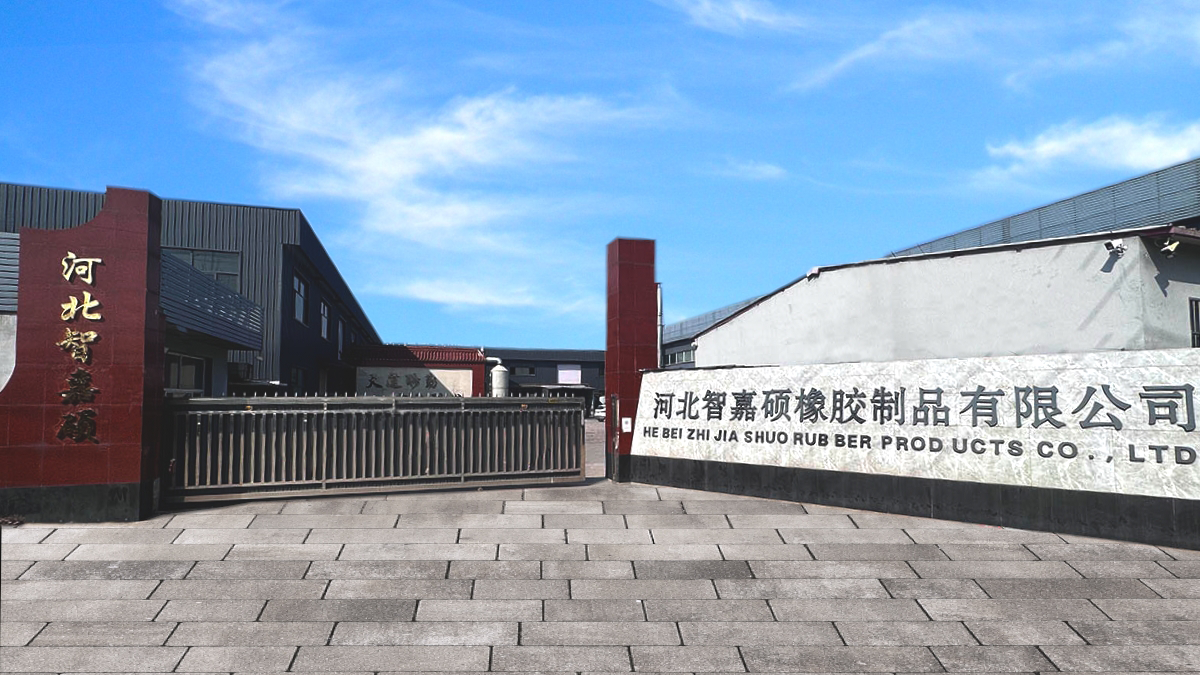In the field of automotive engineering, seals are essential components utilised in areas such as doors and windows to prevent the ingress of water and air. These seals are traditionally made from EPDM, renowned for its durability and elasticity. Despite its widespread adoption, EPDM can produce friction-induced noise during operation. A recent publication in Rubber World Magazine introduced a pioneering water-based coating technology designed to effectively reduce the coefficient of friction, thus minimising the noise generated by these seals. The durability and noise reduction capabilities of this coating were particularly emphasised, with experimental results showing that the thickness of the coating directly impacts its performance.
2.Experimental Section:The experimental segment of the article meticulously evaluates the performance of the water-based coating through a series of tests that simulate real-world conditions. Primary tests included dry and wet abrasion assessments, coupled with acoustic testing. The dry abrasion tests simulated the effect of dry contact wear by dragging a weighted abrader across the coated surface, assessing the coating's ability to protect the underlying EPDM material. Wet abrasion tests introduced water to the surface before abrasion to mimic moist conditions such as rain or condensation, which are critical for evaluating the coating’s durability under varying weather conditions. Acoustic tests were conducted in a soundproof environment, measuring the noise levels from the coated seals in both dry and wet states to quantify the noise reduction offered by the coating under typical operational conditions for vehicle seals. These tests collectively demonstrated that thicker coatings significantly enhance the seals' durability and noise reduction properties, especially in conditions that typically pose the greatest challenges to seal integrity.
3.Conclusion:The article concludes by underscoring the potential of this innovative coating to enhance the performance of automotive seals. The optimal thickness of the coating not only effectively reduces noise but also extends the lifespan of the seals, offering automakers an economical and efficient solution. Additionally, the chemical and physical properties of the coating present broad application prospects within the automotive industry, especially at a time when the demand for higher comfort and reduced environmental noise in vehicles is increasing. For more detailed insights, read the full study on Rubber World Magazine's website: Enhancing Extruded Automotive Door Seals.


